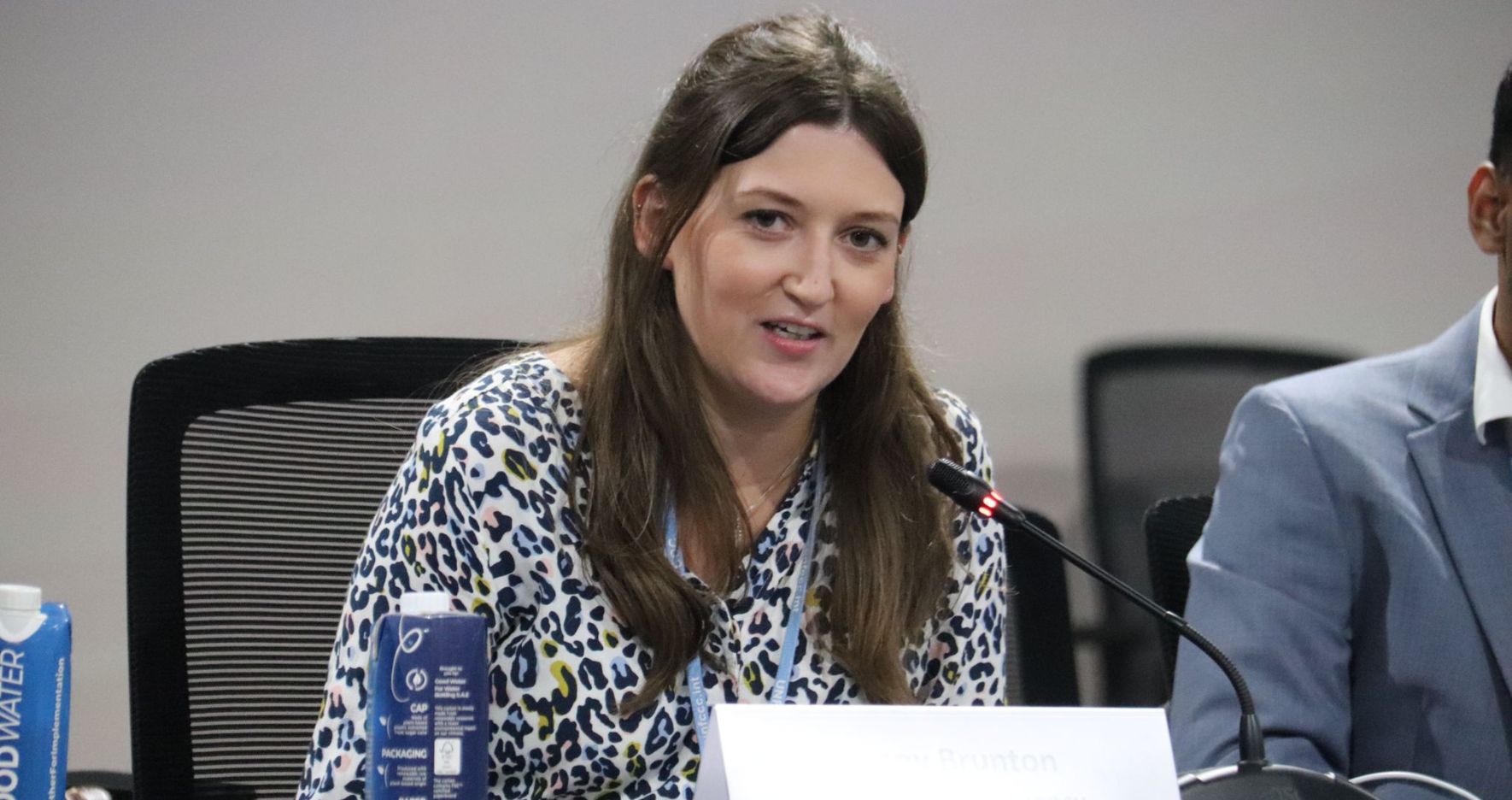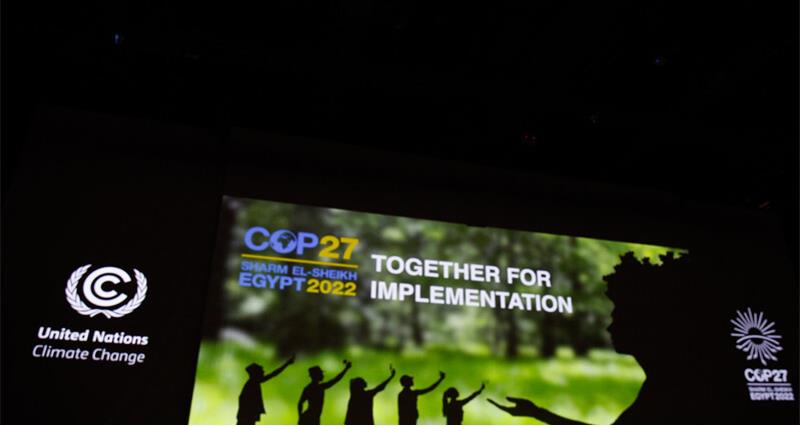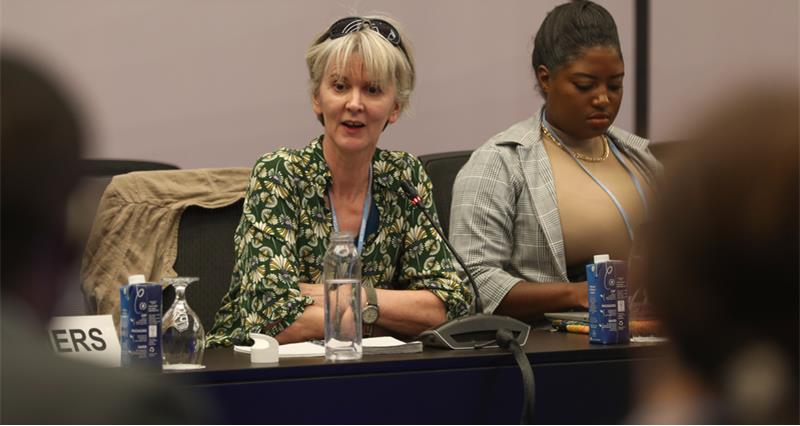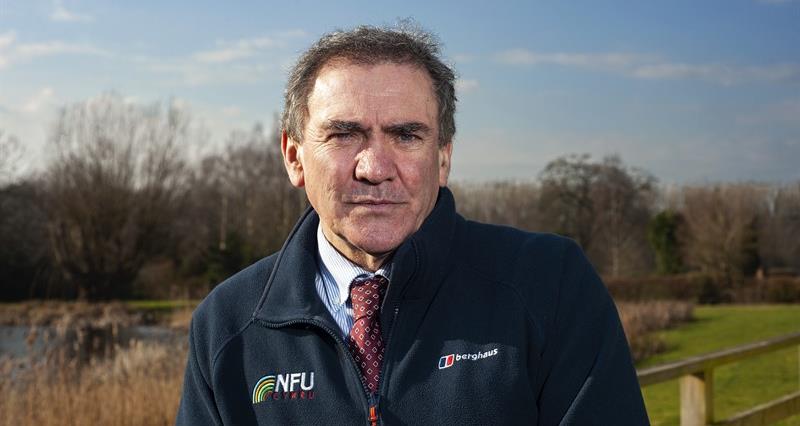This year has seen unprecedented threats to food security around the world caused by extreme weather events, spiralling energy costs and increased global conflict, including the war in Ukraine.
At COP27 in Egypt, the KJWA was the only workstream under the UNFCCC (United Nations Framework Convention on Climate Change) directly related to food growers and producers from every part of the globe, recognising the unique potential of agriculture in tackling climate change.
Prolonged negotiations
Officials specifically highlighted how much work had gone into concluding the agricultural negotiations: “Koronivia took more meeting time than any other item at COP27.”
Negotiations did not get off to a good start, with arguments over adherence to the expected process, and limited progress despite the willingness of many parties to compromise on proposals. No concluding decision was reached by the end of Week 1, but since agriculture is a key priority for the COP27 Egyptian Presidency, negotiations continued into Week 2 under their mandate.
Finally, a week behind schedule, the KJWA reached agreement on the ‘Joint work on implementation of climate action on agriculture and food security.’
Farmers as ‘key agents of change’
This statement emphasises how farmers worldwide can take action on climate change, “highlighting that farmers, including smallholders and pastoralists, are stewards of the land and are inclined to apply sustainable land management approaches, and acknowledging that their vulnerability to climate change presents a challenge in fulfilling this important role and that policy responses in agriculture are more likely to succeed if they consider the role of farmers as key agents of change.”
The decision also recognises “the fundamental priority of safeguarding food security” and “the importance of long-term investment in agriculture.”
What does the agreement mean?
It can be quite hard to understand United Nations agreements or to summarise them in plain English – like a legal document, they consist of a series of linked, itemised phrases.
The new agreement sets out the background context on its first page, and then “recognises” and “highlights” various important factors, “emphasises” and “urges” participants on certain actions, and finally “requests” and “decides” upon the future work programme.
The important bit is item 14 – the establishment of the four-year ‘Sharm el-Sheikh joint work on implementation of climate action….’
This aims to promote “a holistic approach to addressing issues related to agriculture and food security, taking into consideration regional, national and local circumstances, in order to deliver a range of multiple benefits.”
It will also enhance “research and development on issues related to agriculture and food security and consolidating and sharing related scientific, technological and other information, knowledge (including local and indigenous knowledge), experience, innovations and best practices.”
What next?
Parties must report back, at the COP31 conference in 2026, on the progress and outcomes of the new workplan, which is to be finalised at an interim meeting in Bonn in June 2023.



